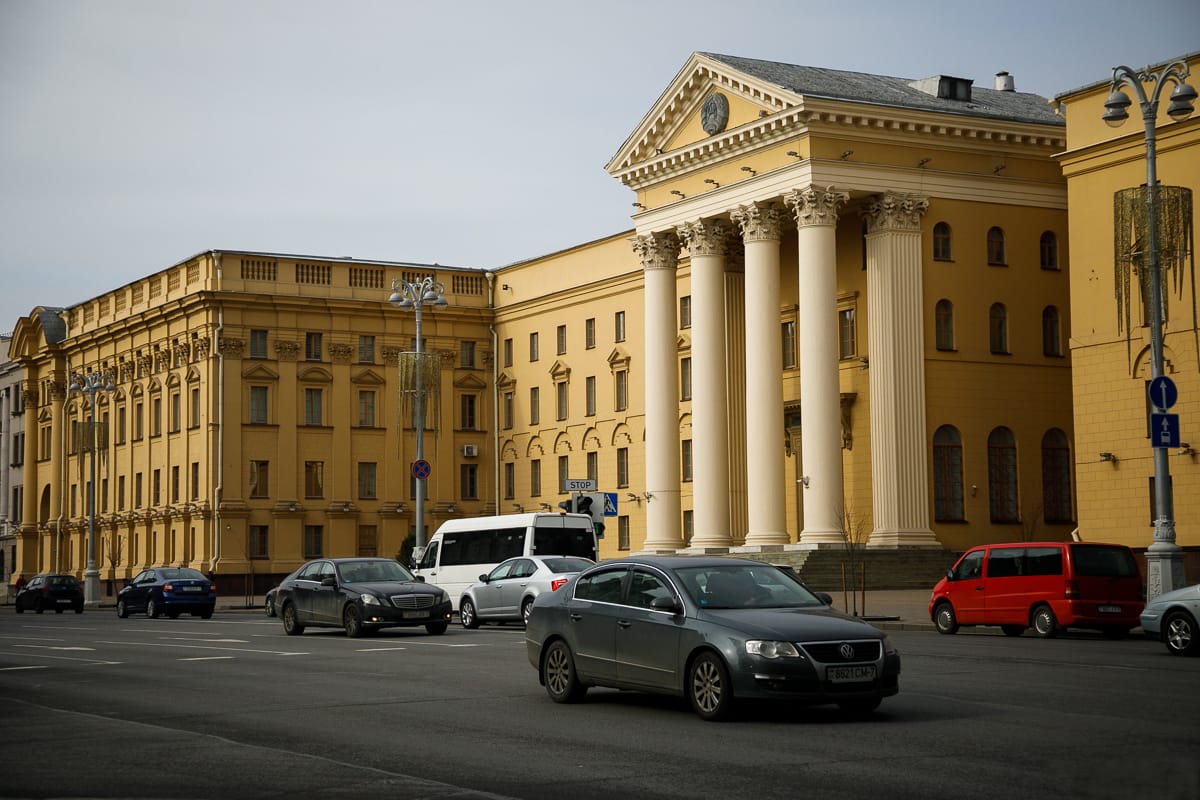Resistance scores 2-0 lead in cyber war against the regime
 The situation has not changed
The situation has not changed
The Cyberpartisans hacker group has caused significant reputational and financial losses to the Lukashenko regime. Hacker activists have successfully attacked the internal networks of the state-owned factory Hrodna Azot, as well as KGB infrastructure, resulting in the leakage of the petitions database from the KGB website. There is growing interest in the elections to the Coordination Council, which is becoming increasingly important as a democratic movement platform for communication with the EU.

Cyberpartisans published the leaked messages that the Belarusian KGB had been receiving for the past nine years through their website. Security forces are disoriented and forced into silence to avoid drawing additional attention to a successful cyber-guerrilla attack. The vulnerability of the regime’s digital infrastructure suggests understaffing and deteriorating governance. The regime is banking on re-Sovietisation, ideological loyalty and personnel purges, which ultimately leads to professional degradation in all spheres. The attack by the Cyberpartisans has likely dealt a significant blow to the intelligence service, with a review of its hardware weight in the ruling class and personnel rotations.
Independent media and pro-democracy activists launched a public campaign against the totalitarianisation of society. Journalists expose informers and encourage them to reveal their reasoning. This reduces the motivation of regime supporters to engage in repression.
The Cyberpartisans also launched another attack on the network of the large state enterprise Hrodna Azot, demanding the release of political prisoners. These actions maintain the issue of political prisoners in the public eye, although they have not yet resulted in clear concessions from the regime.
The Tsikhanouskaya coalition’s initiatives to support political prisoners and their families are beginning to yield results. An international humanitarian fund has been established in Norway to support Belarusian political prisoners.
Political organisations are gaining ground at the international level. The Belarusian democratic forces and the European Parliament have entered into a cooperation agreement. The growing significance of the United Transitional Cabinet and the Coordination Council within the democratic movement’s infrastructure is drawing increased attention to the upcoming CC elections and inspiring voter participation.
The leaked base of KGB information served to intensify the discussion in civil society about the necessity of implementing lustration, decommunisation and de-Sovietisation of Belarusian society. The list of candidates for the CC elections published by the “Solidarity” Association of Political Parties People’s Assembly and Belarusian Christian Democracy has been adjusted following the exclusion of several nominees on the grounds of accusations of providing information to the KGB.
Consequently, the CC elections serve to enhance public awareness of this democratic movement’s platform, potentially leading to an uptick in trust ratings and voter participation.
Subscribe to our newsletter




Situation in Belarus
Constitutional referendum: main consequences


 Video
Video
How to count the political prisoners: are the new criteria needed?


 Video
Video
Paternalism In Decline, Belarusian Euroscepticism, And The Influence Of Russia


 Video
Video












